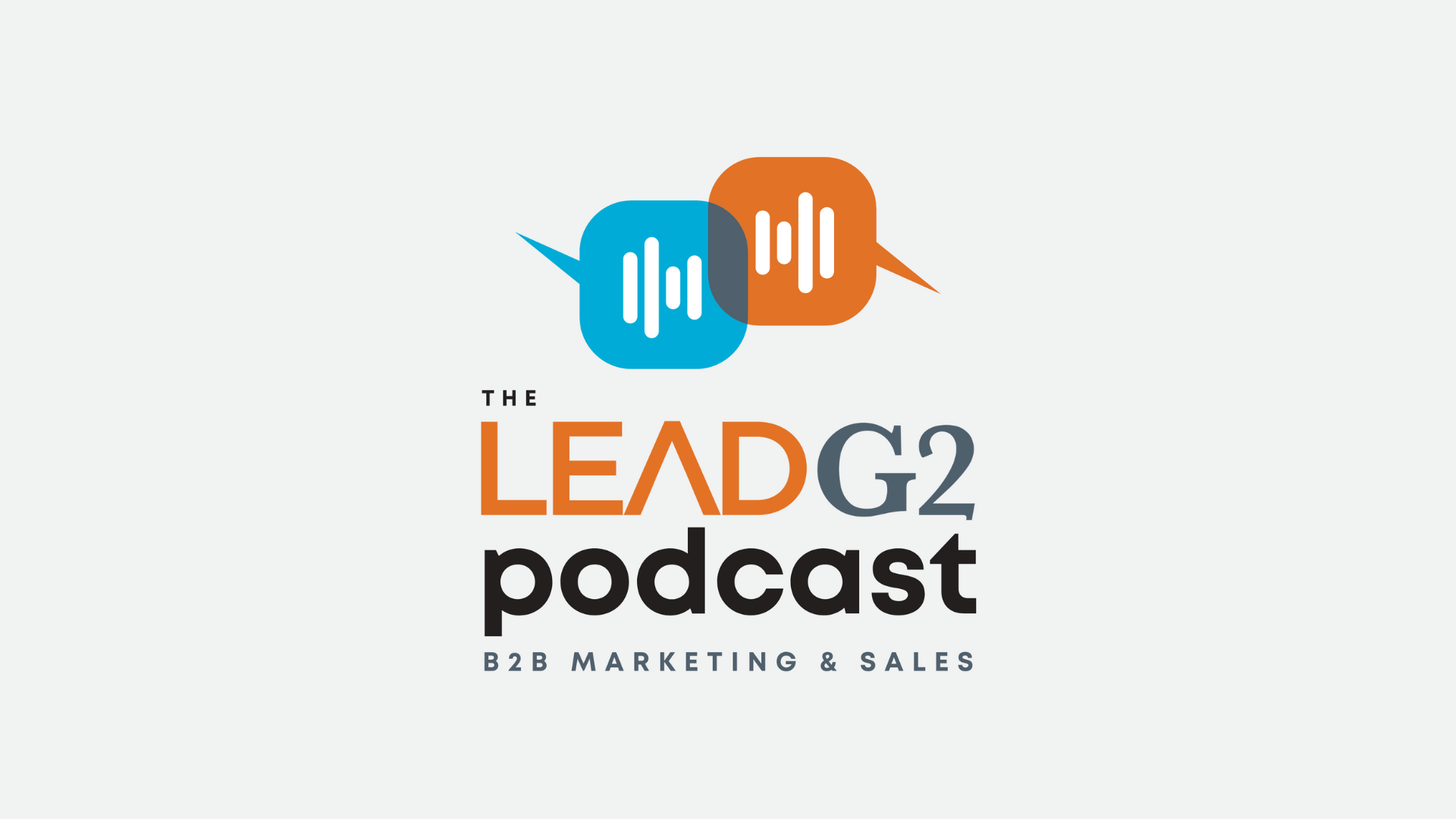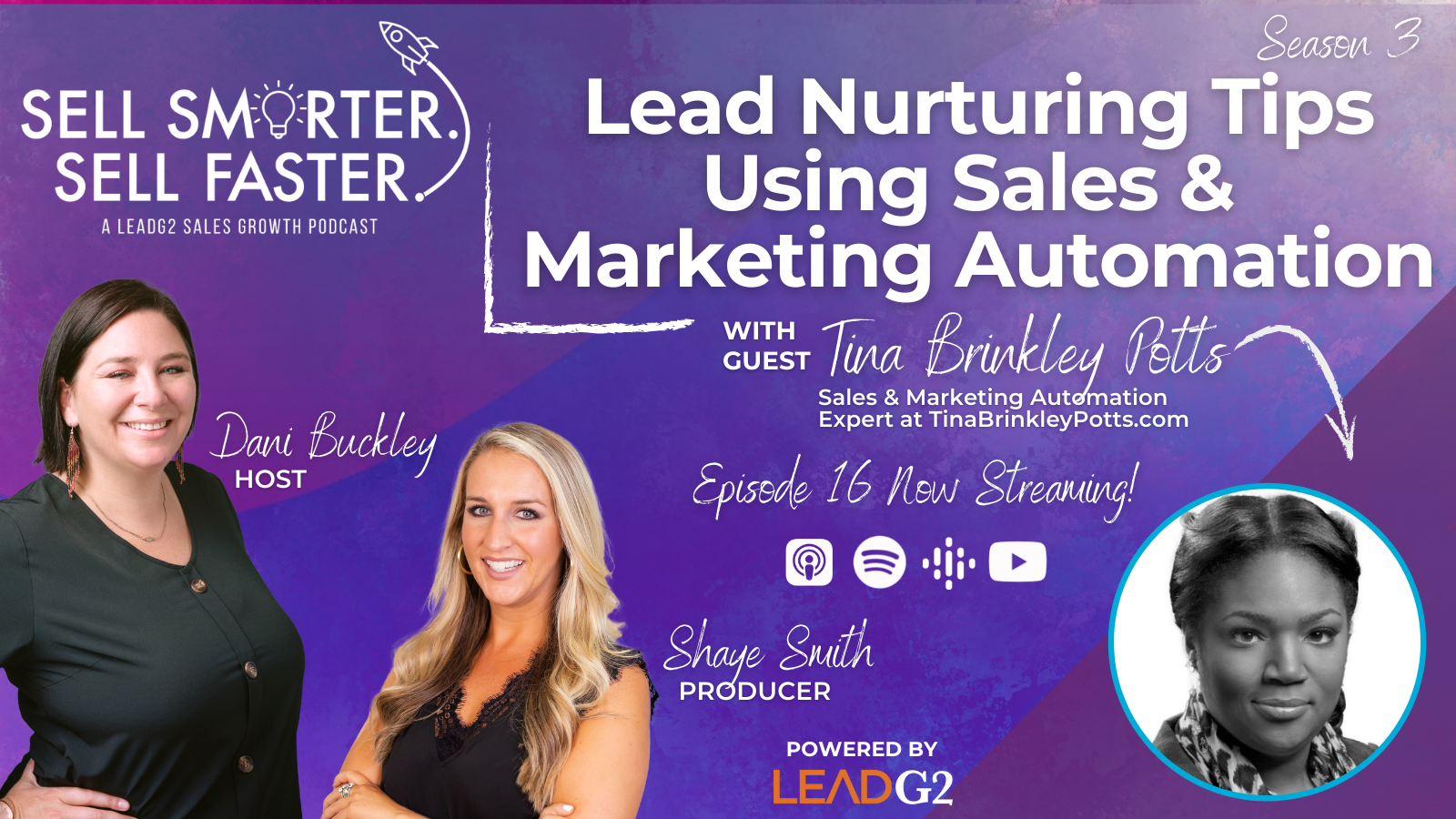1 min read
Breaking Down LeadG2’s Inbound Marketing and Sales Enablement Strategy with Shaye Smith
In this episode, we’re breaking down our own approach when it comes to inbound marketing and sales enablement as a company that specializes...
2 min read
 Amanda Meade
:
August 27, 2024
Amanda Meade
:
August 27, 2024


When it comes to inbound marketing, return on investment (ROI) is often measured solely by revenue and conversions. However, there's a powerful, often overlooked benefit—lead intelligence.
Keep reading to see how lead intelligence can significantly boost your marketing efforts and why it should be considered a valuable ROI metric. You can also dive deeper into this topic in our new The ROI of Inbound Marketing eBook.
Lead intelligence refers to the information gathered about potential customers throughout their journey with your brand. It encompasses demographic data, behavioral patterns, engagement history, and preferences. This wealth of information allows us to understand leads better, personalize interactions, and make data-driven decisions.
Lead scoring is the process of assigning numerical values to leads based on various criteria, such as:
Demographics (job title, company size, industry)
Online behavior (website visits, content downloads, email opens)
Social media engagement
Purchase history
By implementing a lead scoring system, businesses can prioritize leads, focus on the most promising prospects, and tailor their marketing efforts accordingly.
With better lead intelligence, you can create more targeted and effective marketing campaigns. This leads to higher conversion rates and less wasted resources on unqualified leads.
Lead intelligence provides sales teams with valuable insights, enabling them to have more informed conversations with prospects and close deals more efficiently.
By understanding your leads better, you can deliver personalized content and offers, increasing engagement and loyalty.
With more accurate information about leads, businesses can move qualified prospects through the sales funnel more quickly.
Lead intelligence helps companies focus their efforts on the most promising opportunities, optimizing resource allocation and improving overall marketing ROI.
Run A/B tests on your marketing campaigns, with one group utilizing lead intelligence and the other not. Compare the results to quantify the impact of lead intelligence on your marketing efforts.
Develop a lead scoring model that aligns with your business goals and customer profiles. Regularly refine this model based on new data and insights.
Utilize marketing automation platforms that capture, analyze, and act on lead intelligence data in real time.
Find more action steps in The ROI of Inbound Marketing eBook.
While lead intelligence may not directly impact your bottom line in the short term, its long-term benefits can significantly enhance your inbound marketing efforts.
By treating super lead intelligence as a valuable ROI metric, businesses can make more informed decisions, create more effective marketing strategies, and ultimately drive better results.

1 min read
In this episode, we’re breaking down our own approach when it comes to inbound marketing and sales enablement as a company that specializes...

1 min read
“Thought leadership” is a term that you see thrown around a lot these days. It’s definitely one of the many hot marketing topics right now. At...

1 min read
When it comes to inbound marketing and lead generation, one of the most important questions you can answer is “We have leads, now what?” Too often...